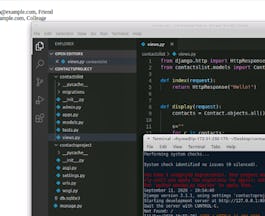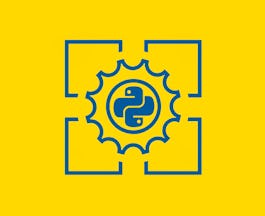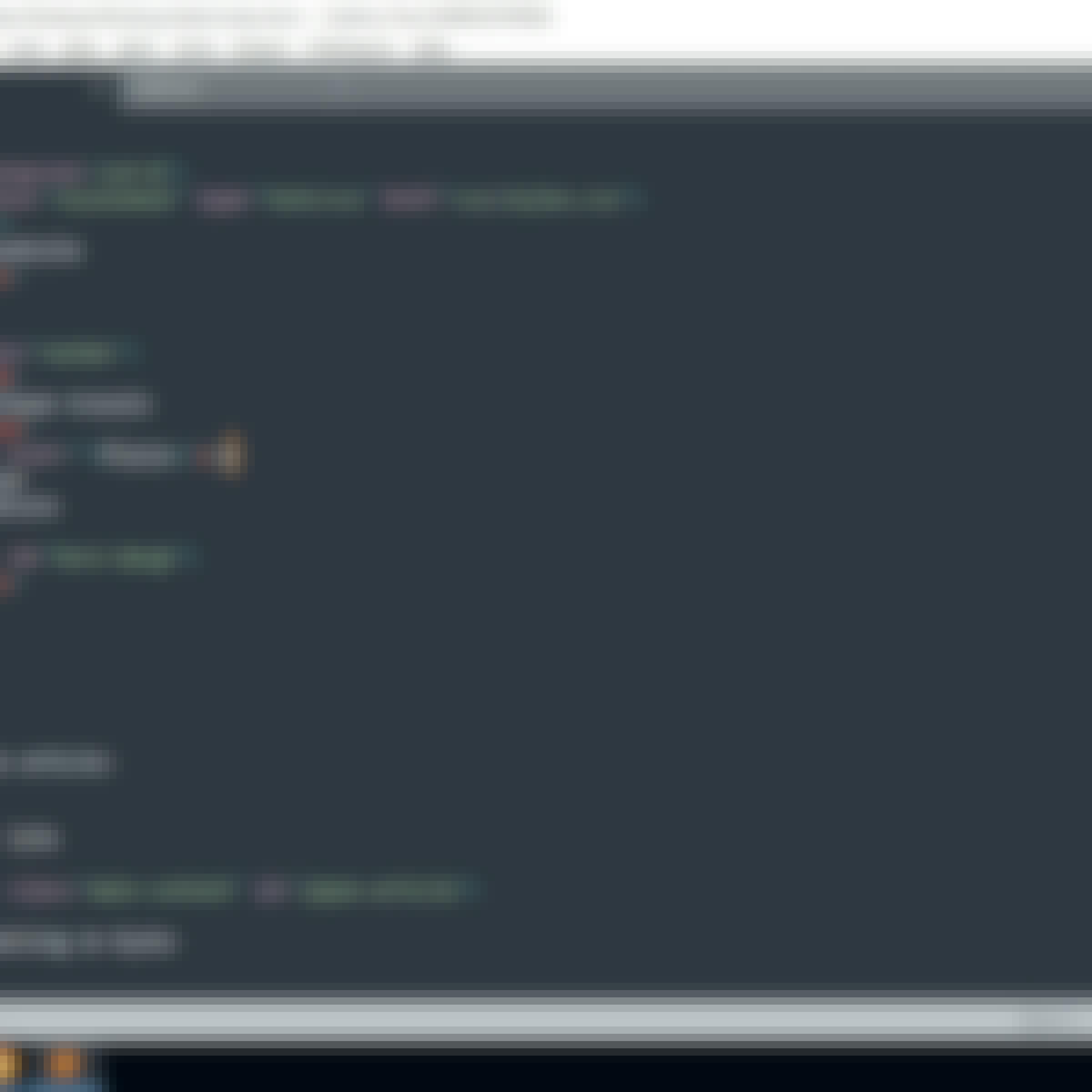Filter by
The language used throughout the course, in both instruction and assessments.
1,258 results for "web development"

Edureka

Coursera Project Network
Skills you'll gain: Python Programming

Coursera Project Network
Skills you'll gain: Python Programming

Skills you'll gain: Python Programming

Meta

Coursera Project Network
Skills you'll gain: Application Development, Linux

Johns Hopkins University

Coursera Project Network
Skills you'll gain: Full-Stack Web Development

Coursera Project Network
Skills you'll gain: Javascript
Searches related to web development
In summary, here are 10 of our most popular web development courses
- Go for Cloud and Networks: Edureka
- Create a basic contacts list web app using Django: Coursera Project Network
- Meta Spark Creator AR Certification: Meta
- Restful Web Service Spring Boot Visual Studio Code Gradle: Coursera Project Network
- Select Topics in Python: Packaging: Codio
- API: Meta
- Create and run a .NET Core console app in Linux using docker: Coursera Project Network
- Assessing Health Program Delivery: Johns Hopkins University
- Advanced Topics in ASP.NET Core Development: EDUCBA
- Build a Full-Stack Server for API Requests - NodeJS and Pug: Coursera Project Network













